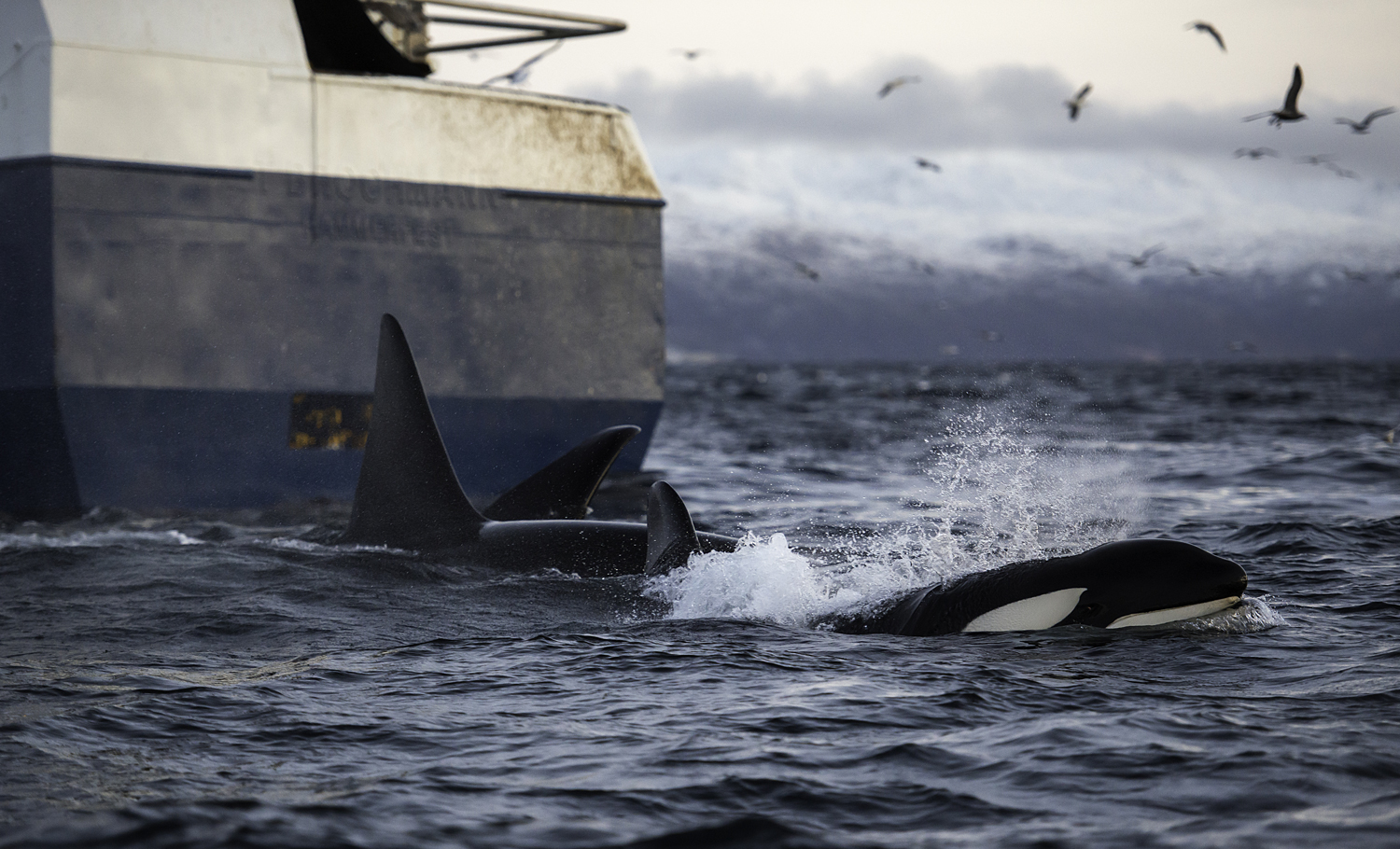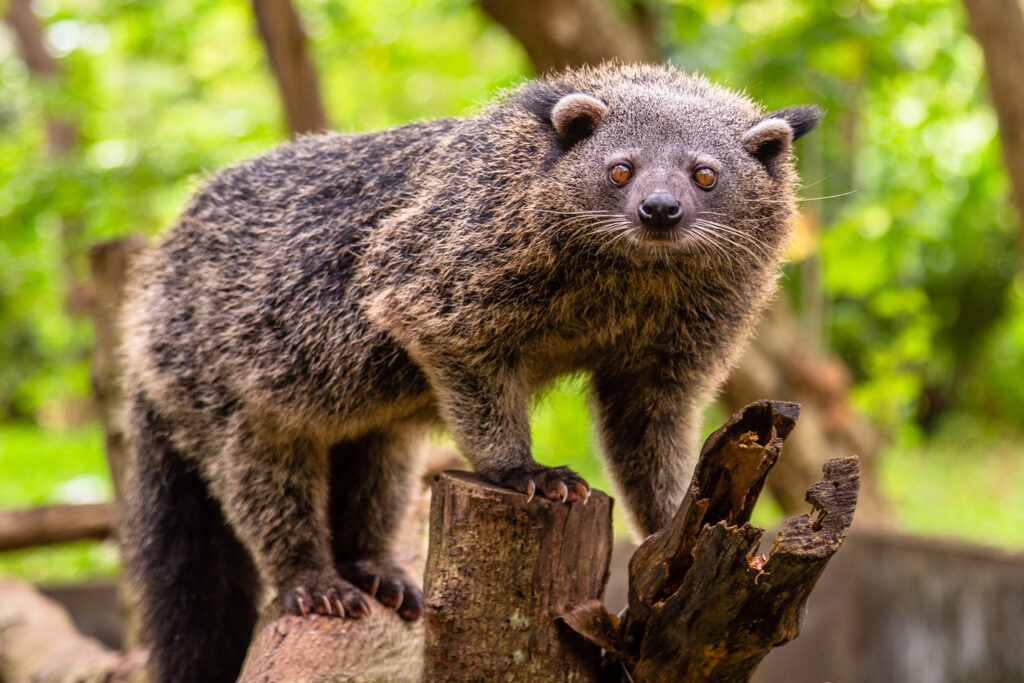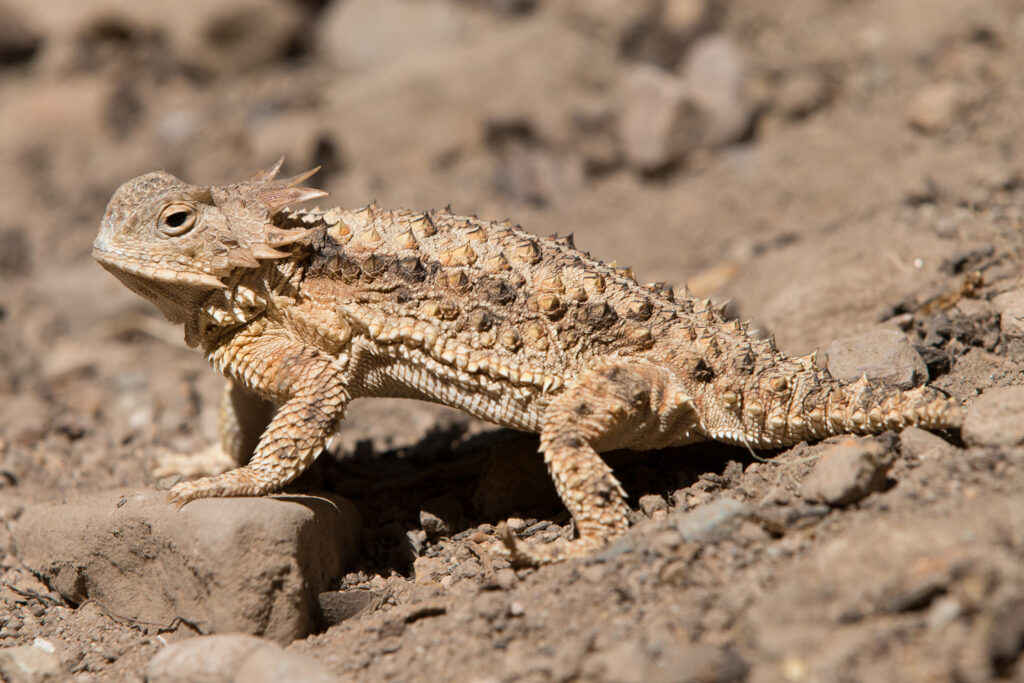The Orca Mystery

When a group of orcas (also called killer whales) started ramming boats off the coasts of Europe and North Africa, some people thought the animals were out for revenge. Maybe they’re mother orcas protecting their young, or maybe the orcas have had enough of all the boat traffic. But a new report says the orcas aren’t vengeful at all. They’re bored.
There have been at least 673 encounters between boats and orcas off the coasts of Spain, Portugal, France, and Morocco since the first reported incident in May 2020. The new report, released by a group of orca experts from several countries, says it’s likely the orcas are using the boats as playthings.
“The sea is a very boring place for an animal,” Renaud de Stephanis, president of the marine preservation group CIRCE (Conservación, Información y Estudio sobre Cetáceos), told USA Today. “If you’re a dog or some other mammal, you can interact with objects around you. But in the sea, there’s not much for the orcas to interact with, so they play with the rudders [on the boats].”
The experts say it makes sense because orcas are both intelligent and playful. And studies have shown that orcas work together and learn from one another. So, when one or two orcas rammed boats, others probably took an interest in this “fun” activity. Experts add that most of the orcas that ram boats are juveniles, which are the orca equivalent of teenagers and are often bolder and more curious than adult orcas.
According to the experts, orcas are more likely to be bored in recent years. That’s because the local population of bluefin tuna, the orcas’ favorite food, has risen after years of a low supply. The orcas spend less time hunting than they used to—so they have more time to have fun.
But while this solves the mystery of the orcas’ behavior, it doesn’t protect vessels from dangerous encounters with orcas. Experts advise boaters to avoid orcas when possible. Boaters can also change the appearance of their rudders by adding pieces of plastic that make rudders look like jellyfish. Orcas don’t like jellyfish.
“We don’t want to see people in distress,” University of Washington senior research scientist Alex Zerbini told the Washington Post. “But we also don’t want to see the animals being hurt. And we have to remember that this is their habitat and we’re in the way.”







